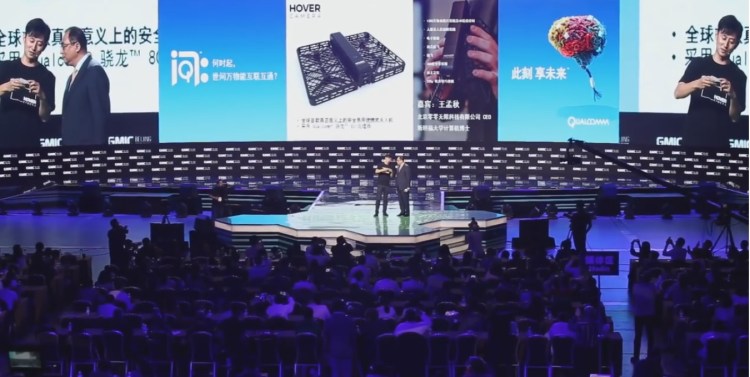Economists may still classify China as a developing economy, but those of us in the technology space see China as the world’s largest incubator for new ideas and products. At the Global Mobile Internet Conference (GMIC) in Beijing this week, a Tesla executive declared China essential to the carmaker’s plans for a global fleet of electric vehicles. But China’s power isn’t just about the size of its consumer market and its labor supply; China is an engine that will drive the next round of innovation.
Last year, Pew put the number of smartphone owners in China at 58 percent of the population. Naturally, the young lead the way (among those 18-34, smartphone ownership is at 85 percent). But according to Pew, overall smartphone penetration is “skyrocketing.” More importantly, mobile payments are already reshaping lifestyles in China. That level of penetration has created fierce competition, allowing China to innovate and export in the mobile space; gone are the days of copycatting U.S. technology.
And yet, at the GMIC event, there’s a hint that smartphones will soon be obsolete. Alvin Wang, China regional president of HTC VR welcomed attendees to the “post-mobile era.” How could that be?
“2016 is the first year of virtual, and the revolution is happening,” Wang said. “Some people may think VR devices are just advanced game consoles. As a matter of fact, VR has a broad market apart from gaming.”
Wang outlined how VR would shape areas ranging from entertainment to education. Meanwhile, Xiaomi announced plans to launch the company’s first drone and smartwatch. Smart home appliances were on display throughout the GMIC show floor. But perhaps the biggest hit of all was the Hover Camera — an AI-powered self-flying drone. Naturally, the Hover Camera is being billed as the ultimate selfie platform, but of course, that’s just one application to prove the concept; down the road, anything is possible.
Add it all up — drones, WiFi-enabled devices, artificial intelligence, and virtual reality — and one can begin to see Wang’s point that the smartphone, once the holy grail of mobile tech, is actually just a stepping stone to a fully connected, totally immersive future. Two decades from now, we might just visit virtual museums, where AI tour guides teach our children about antique technologies like the iPhone.
But looking to the immediate future, it’s clear that China is already playing a big role in the development of mobile technology and that the furtherance of that trend will be shaped by mergers and acquisitions. In part, that assertion comes from China’s demonstrated capacity and will to lead technological innovation, but mergers and acquisitions also make sense for tech companies outside of China. Tech products, after all, thrive on scale, and China has scale like no other. Just as important, as a so-called developing economy, China is still very much in the middle of a massive build, and because it can leapfrog legacy technologies like landline telephones, Chinese technologists can remain nimble.
U.S. and European companies should see the emergence of China as a technology leader for what it is — a massive opportunity. Naturally, there will be cultural and regulatory hurdles along the way, but the big picture is one where technological development is no longer limited to hubs, and the walls that have stood in the way to cooperative innovation are falling fast.
Hagai Tal is CEO of Taptica. He has invested, led and developed companies for growth, continued investment, and IPO/disposal, including Kontera, Amadesa, Payoneer, BlueSnap (formerly Plimus), and Spark Networks (NYSE: LOV). He is a Fellow of the third class of the Middle East Leadership Initiative of The Aspen Institute and a member of the Aspen Global Leadership Network.
VentureBeat's mission is to be a digital town square for technical decision-makers to gain knowledge about transformative enterprise technology and transact. Learn More

